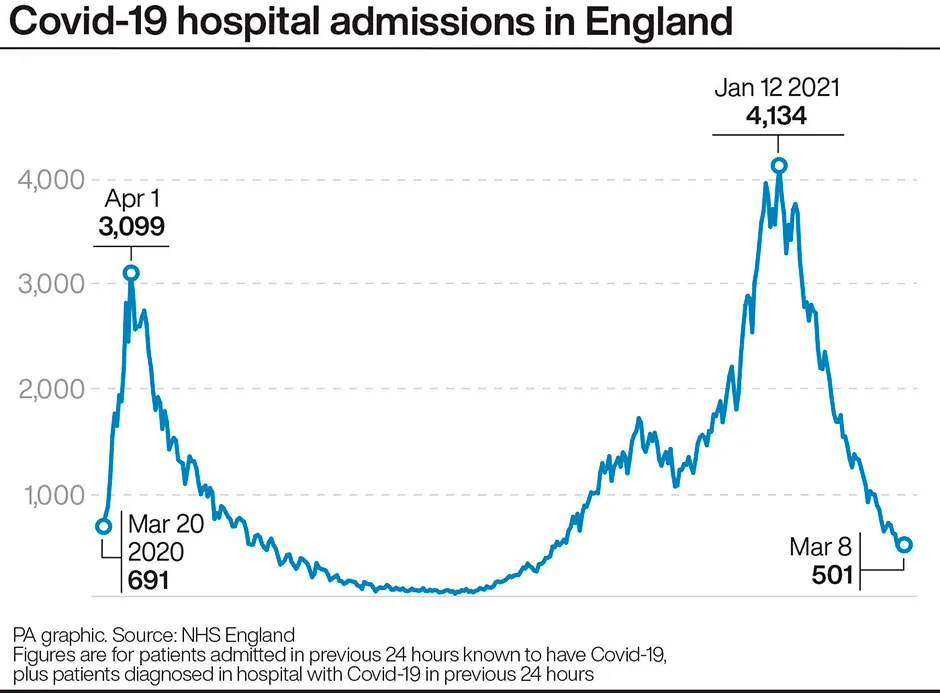A monoclonal antibody drug reduces hospital admission or death from COVID-19 by 85 per cent, the pharmaceutical giant GlaxoSmithKline (GSK) has announced. The drug, called VIR-7831, is a new treatment for people with mild to moderate illness, and the study has been so successful that it has been stopped early.
GSK and its partner, Vir Biotechnology, plan to immediately seek an emergency use authorisation in the United States and approval in other countries, including potentially in the UK.
Monoclonal antibodies are laboratory-produced molecules that mimic human antibodies.
The global phase 3 clinical trial based its initial analysis on data from 583 patients at risk of hospital admission.
GSK said VIR-7831 works in two ways – by blocking the virus’s entry into healthy cells and also clearing infected cells.
Read more about COVID-19:
- Pfizer vaccine may be effective against all coronavirus variants
- 1 in 7 people in England have COVID-19 antibodies from vaccination or infection
A separate laboratory study has found that VIR-7831 is effective against the main current coronavirus variants, including the Kent, South African and Brazilian variants, the firm said.
VIR-7831 is designed to be given as a single intravenous (IV) infusion.
“We are pleased that this unique monoclonal antibody was able to bring such a profound benefit to patients," said Dr Hal Barron, chief scientific officer at GSK.
“We look forward to the possibility of making VIR-7831 available to patients as soon as possible and to further exploring its potential in other settings.”
A trial using the drug in very sick patients in hospital was stopped last week owing to lack of benefit.

Dr Alexander Edwards, associate professor in biomedical technology at the University of Reading, said he wants to see the full study, but added: “The headline reported success of VIR-7831 is spectacular and this new medicine would complement vaccines and other new treatments to make major reductions to the terrible impact of COVID-19.
“This class of drug could be especially important for those people who are less protected by vaccines, for example if their immune system is weakened – as recently discussed for some cancer patients – we can supplement their own immunity with this ‘extra’ antibody against the virus.
“One reason this is so exciting is that it may herald a breakthrough for this class of medicines – monoclonal antibody treatment of viral infection.
“Monoclonal antibody drugs have been most widely used to treat cancer and autoimmunity, but have always had enormous potential to directly combat an infection.”